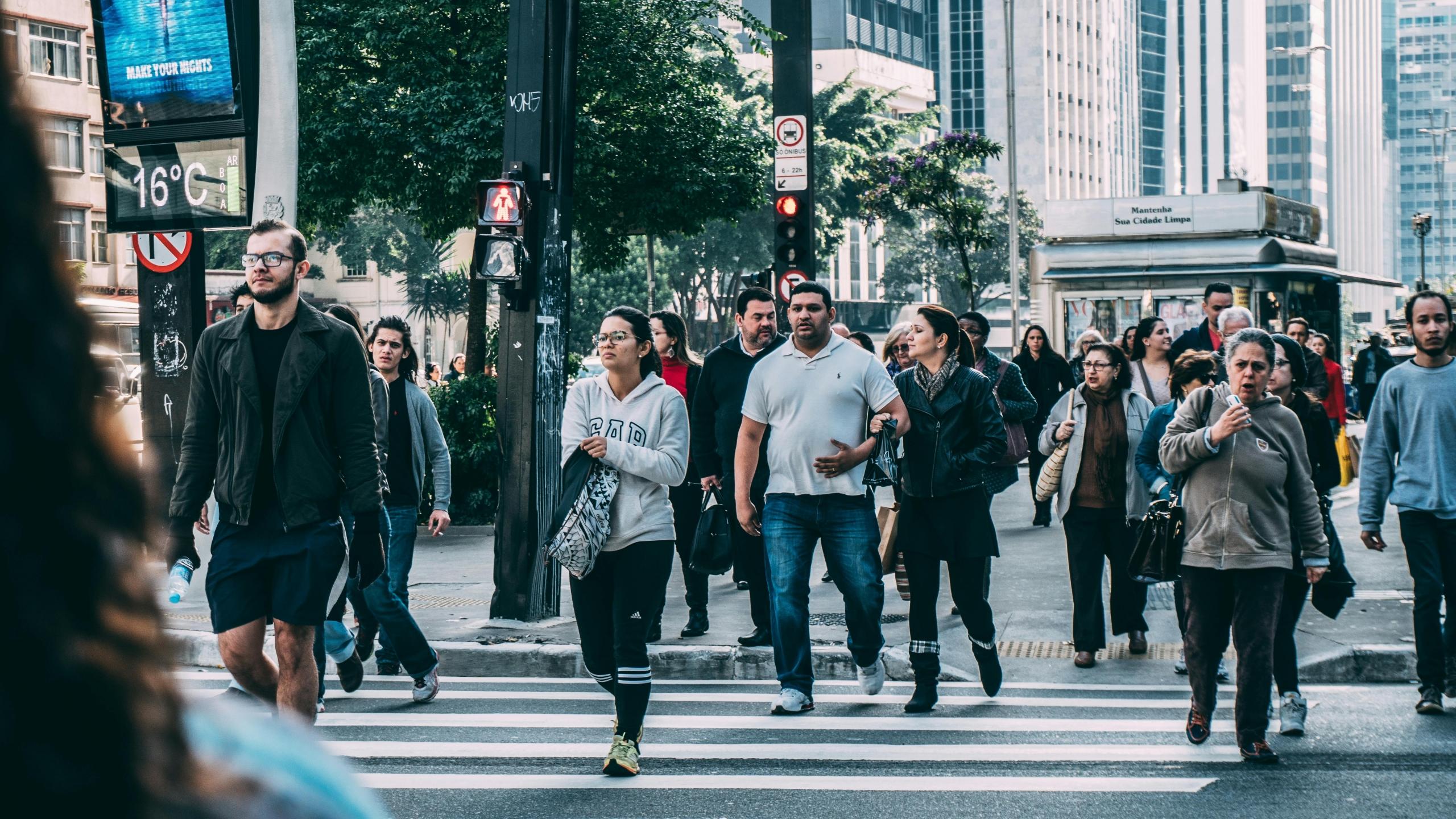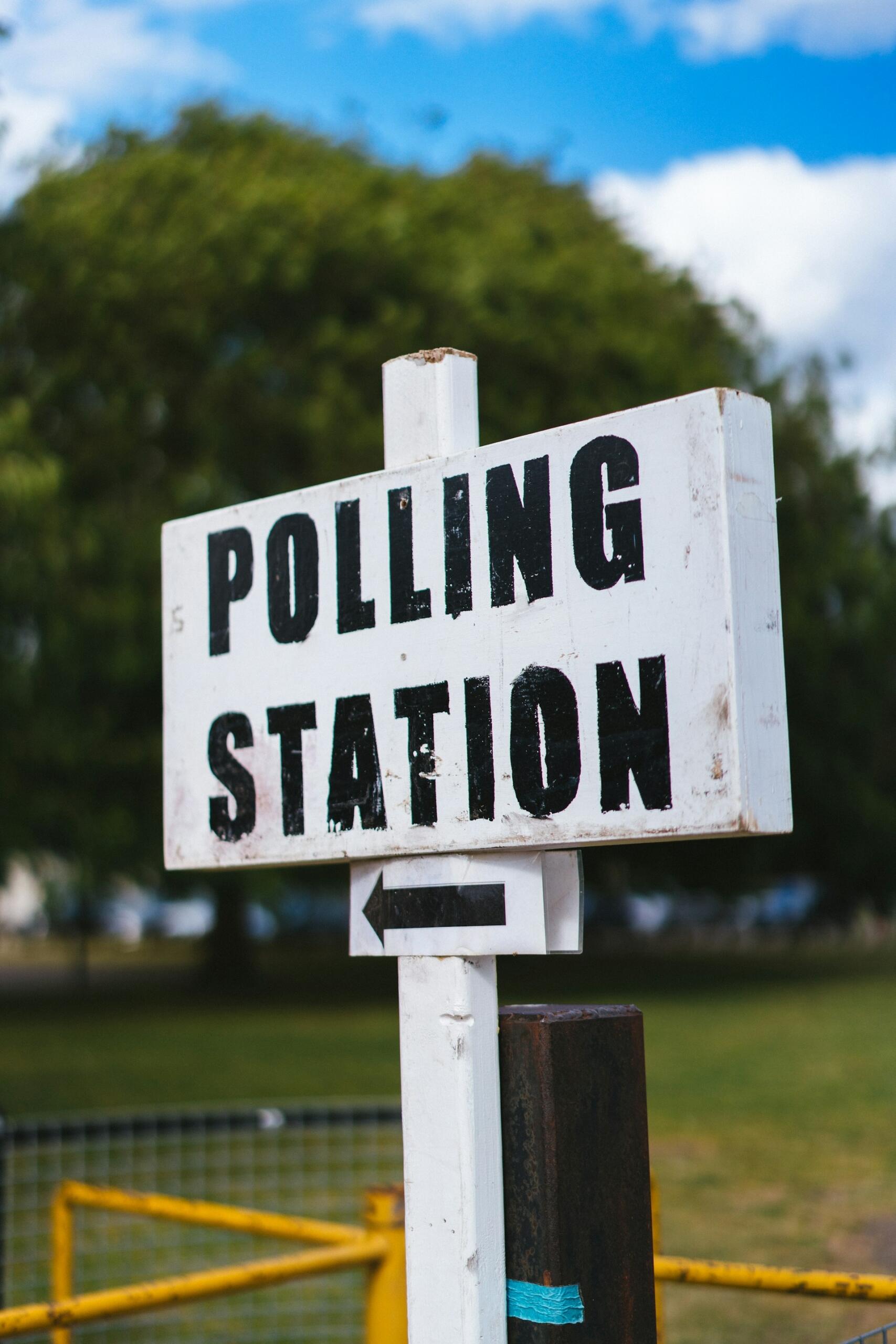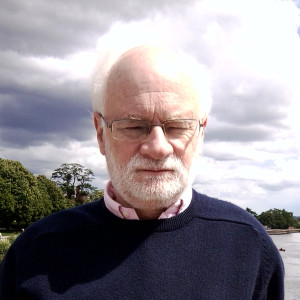In some parts of the world, it seems like voting people into office is a never-ending process. By contrast, other countries, such as France and the UK, limit the campaign window to just a few weeks. That's good, general information, but how often do British citizens head to the polls?
Key Takeaways
- English council elections are every four years, with some exceptions.
- Unitary authorities hold elections every four years, with some exceptions.
- Metropolitan borough elections do not follow a set calendar.
- Mayoral elections and by-elections happen as the need arises.

How Often are Local Elections?
Before we can talk about election frequency, we have to show which elections take place across the UK.
| 🎫Types of election: | 🔎Purpose | ⏳Frequency |
|---|---|---|
| General elections | To install representatives in the UK Parliament House of Commons. | Usually every 5 years, unless an early election is called. |
| Devolved parliament and assembly elections | To choose government leaders in Scotland, Wales and Northern Ireland | Every 5 years. |
| Local elections | To vote in members of local governments, except for mayors. | Typically every 4 years, though it can vary by council. |
| Mayoral elections | Exclusively to vote for mayors. | Every 4 years. |
| Police and crime commissioner elections | To seat the officials that will govern those bodies. | Every 4 years. |
Besides these five types of elections, each constituency may hold by-elections to fill a seat vacated between election cycles.
Across all UK elections, the same rules for campaigns apply. They include rules for declaring one’s candidacy to campaign time limits, and advertising restrictions.
How Often Are Local Elections in England?
As the name suggests, local elections are held for each region across the UK. They are organised independently and do not adhere to a national timetable. These elections' frequency also differs from place to place. They depend on the type of authority in your area: unitary authorities, metropolitan boroughs, and so on. With that in mind, we can sketch out a rough election schedule.
How Often Are Local Elections Held in Scotland?
Compared to England's convoluted system, Scotland's electoral process is straightforward.

Across the country, all counsellors stand for election every five years. As in English, Scottish voters will take part in by-elections to fill a seat vacated during the term. The most recent Scottish by-election was in June 2025.
Scottish voters use the Single Transferable Vote (STV) system.
Further on, we lay out the various ballot types used across the UK. Now, let's find out how often local elections are in Wales.
Are Local Elections Every Year in Wales?
Not at all! In fact, they are more consistent in their scheduling than elections in England. In this country, as in Scotland, voters head to the polls every five years to cast their ballots.
How Often Are Local Elections in Northern Ireland?
Northern Irish voters cast their ballots every four years, as most English voters do. However, they use the STV ballot system, like the Scottish voters.
Why are Local Elections at Different Times?
If you are not used to the system and how it operates, elections might leave you scratching your head and wondering why they are all held at different times.
It all comes down to how the local government works. Various regions have council structures with independent election schedules.
The system works effectively as it offers flexibility and also makes sure that each community’s needs are addressed.
Electoral Systems Used in Local Elections
It's not enough that, across the UK, voters have different government systems and election timetables. Across the land, voters are split on the type of ballots used to decide their electoral contests.
First Past the Post (FPTP)
- the candidate with the most votes wins the election
- used in England and Wales
- voids ballots of voters whose candidates didn't win.
Single Transferable Vote
- voters rank candidates according to their preference
- used in Scotland and Northern Ireland
- every ballot counts
Each electoral system presents advantages, though we daresay that FPTP voters losing their vote seems unfair. Still, this system has its merits, with ballots being quick and easy to count being the main one. In countries with large populations, that's a major selling point.
Election Systems Across the UK
Are all the governments and election systems the same? You might remember the 2022 election results, and what a debacle they were. Across local councils, political shifts delivered devastating results. So, in short, no: election systems are not the same across the board.
England, Wales, Northern Ireland and Scotland each have their own governing bodies with their own election administration systems. The best way to understand this administrative landscape is to put each country in the spotlight.
- Scotland: local government is devolved (decentralised) and overseen by the Scottish Parliament. There are 32 unitary authorities called council areas, which may be further broken into area committees and community councils. These subdivisions of government have little to no political power; they serve to register and raise public concerns.
- Wales has the Senedd, a devolved legislature that forms the Welsh government. This body responds to 10 county boroughs, nine counties and three cities – for a total of 22 unitary authorities.
- The Good Friday Agreement established the Northern Ireland Executive and the Northern Ireland Assembly; both are devolved government structures. The local government oversees 11 unitary authorities (districts).
Each country decided its electoral system by way of referendum, with each nation having the autonomy to set its own legal voting age.
Voting in London
London elections present a unique voting system. All our capital city's boroughs use block voting, a system criticised for its lack of proportional representation. All of these subdivisions and the lack of uniform policy throughout the UK make it difficult to understand how and when local elections are held.

Voting Eligibility and Registration
Before you head to the nearest polling station and cast your vote in the local elections, you’ll first need to find out whether or not you are eligible to vote.
👧 18: legal voting age
🏡 Reside in the community
✅ Valid citizenship/immigration status
If you're living in England or Northern Ireland, you must be at least 18 years old to participate in elections. If you reside in either Scotland or Wales, then you will be able to do so when you're 16!
As of July 2025, the UK Parliament is set to standardise the voting age to 16 years old.
New voters may register to vote by presenting their bank cards or digital ID.
You must register to vote in the community where you live. This doesn't have to be your residence for tax purposes or the address you pay council taxes on. Electoral regulations define residency differently, usually referring to your home address.
Your citizenship and immigration status are factors that influence your right to vote. So, if you're an Irish citizen, you’ll be able to participate in UK elections, as can Commonwealth citizens who are living in the UK, as long as you have the right to stay.
Last but certainly not least: to cast your vote in your local elections, you must register before the cut-off point before the election.
By now, you should have some more clarity on when you might expect your local elections to come around. After all, you can hardly miss the flurry of campaign activity, adverts on the telly, and signs pointing to polling stations!

How Often Are Local Council Elections Held and Why Should I Participate?
It’s easy to feel overwhelmed or confused with the volume of elections going on across the country. Fortunately, the Department for Levelling Up, Housing and Communities releases a schedule of election cycles. This group includes election watchers who routinely conduct election analysis in the UK.
All that official confusion is on top of the current and ongoing political turmoil around the country. It seems everything is changing all at once, and not necessarily for the better.

That's precisely why every citizen and eligible voter must participate in local elections.
Our community is the first place our voice is heard. Our local councils are our first line of contact for larger political issues that affect everyone.
Unlike our representatives in Parliament, our council members are accessible and, in theory, responsive to the community's needs.
However, local election participation serves a broader purpose. Take community services, for instance. Budget shortfalls make delivering these services ever harder.
We need qualified leaders with their finger on their communities' pulse to work with their constituents. They need the grassroots perspective and, should they fail to heed our voices, it's up to us to vote a more responsive leader in.
Whoever we put in office is (or should be) accountable to us. Should they shirk their duty, it's up to us to hold them to account. For example, you might remember the discussion over the 2021 elections, held as COVID raged. Local council meetings online led to a host of policy adjustments that benefited communities across the country.
Summarise with AI:
















The best article about the UK elections in www. Thank you.
Hi Ozay! Thanks for comment – great to hear that you enjoyed this article!